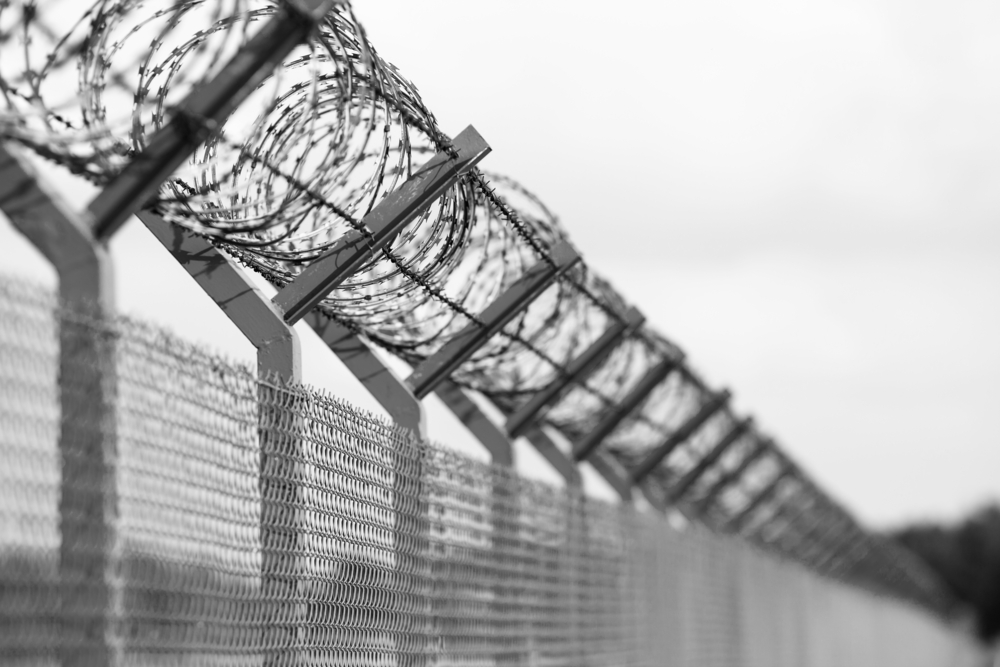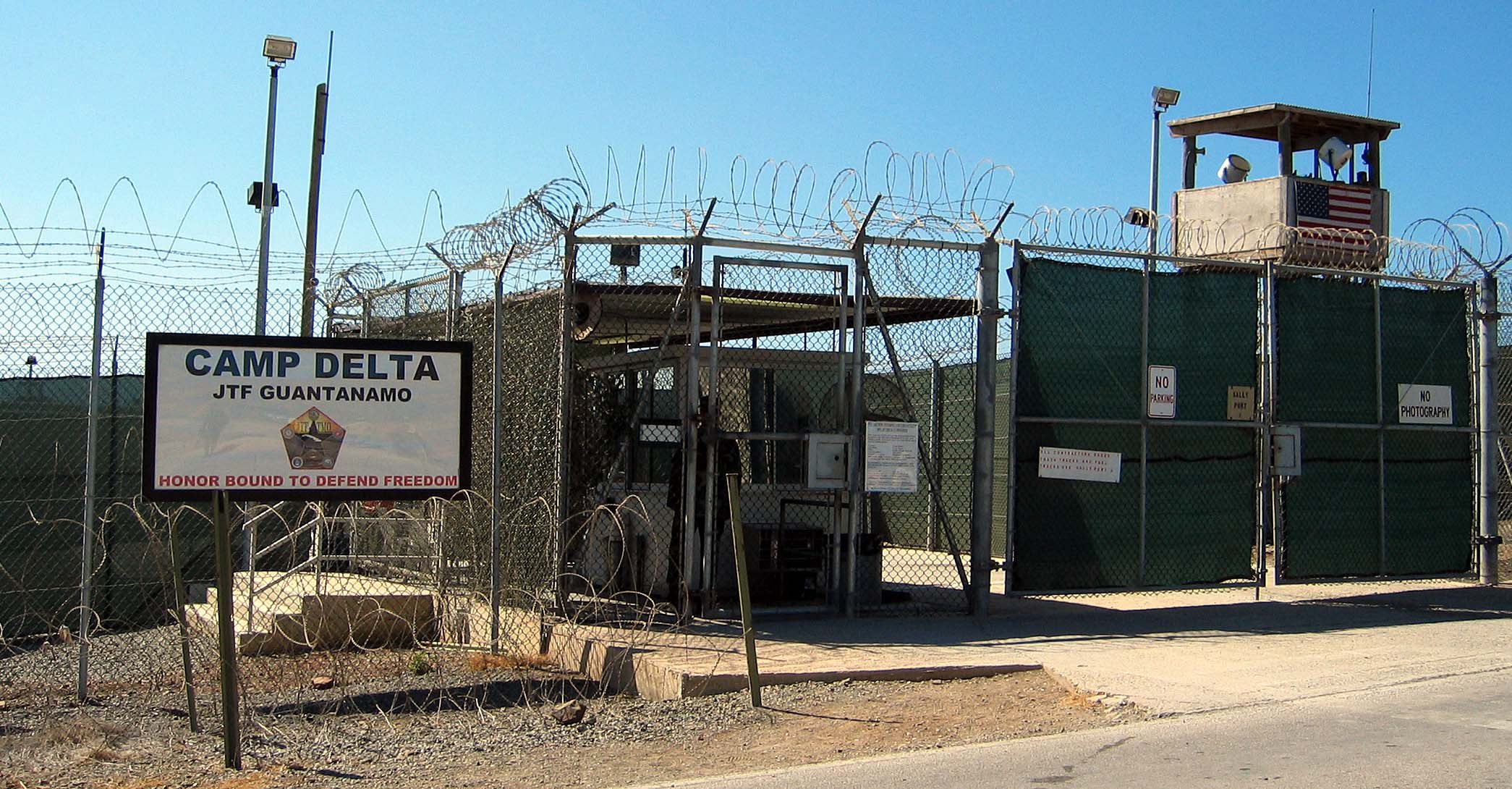
GUANTÁNAMO BAY, Cuba — A military judge responded on Wednesday to a defense lawyer's request to be released on health grounds from the case of the accused plotters of the Sept. 11, 2001, attacks, ruling that the 75-year-old lawyer would no longer have to return to Guantánamo for the proceedings but would have to continue working on the case from afar until a replacement had been hired.
The request by the lawyer, James P. Harrington, had threatened to complicate plans to begin the trial of five men accused of conspiring in the Sept. 11 attacks in January. But the judge, Col. W. Shane Cohen, postponed a decision on whether to delay or split up the trial.
Mr. Harrington had told the war court on Tuesday that he had multiple surgeries in 2018 and had consulted with a cardiologist before asking to be released from the defense team. He joined the case in 2012.
Prosecutors objected to his request, saying he was not facing a medical emergency and that his departure could slow the effort to bring the men accused of conspiring in the 9/11 plot to justice.
Ruling from the bench on Wednesday, Colonel Cohen said Mr. Harrington, a death penalty specialist, or learned counsel, "is not the attorney he once was and will not be again."
Colonel Cohen said that Mr. Harrington no longer had to travel to proceedings before the war court to defend his client, Ramzi bin al-Shibh, but that Mr. Harrington would have to continue overseeing court filings by a team of seven more-junior lawyers until the Pentagon hires a new lawyer with expertise in capital punishment cases. Mr. bin al-Shibh is one of five men charged with plotting the hijackings that killed 2,976 people in New York and Pennsylvania and at the Pentagon on Sept. 11, 2001.
Colonel Cohen also canceled the next pretrial hearings that had been scheduled from March 16 to April 3 to give Pentagon officials time to find his replacement. In doing so, the judge indefinitely postponed the resumption of testimony from two psychologists who waterboarded the accused 9/11 mastermind, Khalid Shaikh Mohammed, and devised brutal interrogation methods that were used on all five defendants at C.I.A. black sites.
The judge has set Jan. 11, 2021, to begin choosing the panel of American military officers who will serve as jurors, but acknowledged on Wednesday that the date may slip.
At one point, Colonel Cohen suggested that it could take a year to get a successor to Mr. Harrington prepared for the capital defense trial and said that he originally thought to start the trial in June 2021.
No qualified lawyer is waiting in the wings, and the general in charge of defense teams has 45 days to find one or seek an extension.
In a particularly testy portion of Wednesday's hearing, the judge acknowledged in open court that he had secretly allowed prosecutors to establish a live computer link between the maximum security courtroom and several intelligence agencies, including the C.I.A. and F.B.I.
The connection allows the agencies to monitor what is said in court as it happens — not on the 40-second delay that the public hears — and alert the prosecution to ask the judge to mute the audio to avoid potential disclosure of classified information.
"Spills cannot occur," Colonel Cohen angrily told defense lawyers, casting the special communication system as "nothing nefarious."
Defense lawyers, who were not told about the connection, protested the appearance of an unexplained silver device in court last month and expressed fears that it was a surveillance system.
On Wednesday, Colonel Cohen said one alternative to the live hookup would be having representatives from about a dozen U.S. intelligence agencies sit at the back of the courtroom to signal their objections to anything that might be classified — a more overt demonstration of the role of the agencies in the court.
In 2013, an intelligence agency with until-then-undisclosed remote access reached into the court and switched off the audio to signal that something said might be classified. It was not, and the episode so angered the original trial judge that he ordered the C.I.A. and any other organizations with muting ability to disable it.
The episode led to lengthy litigation about the intelligence agencies' eavesdropping abilities
"There is no spying going on in this courtroom," said Colonel Cohen, who became trial judge in June. He also announced that he would dismiss the charges against the 9/11 defendants if he were presented with "absolute evidence that the government was listening in on the defense in this trial."




